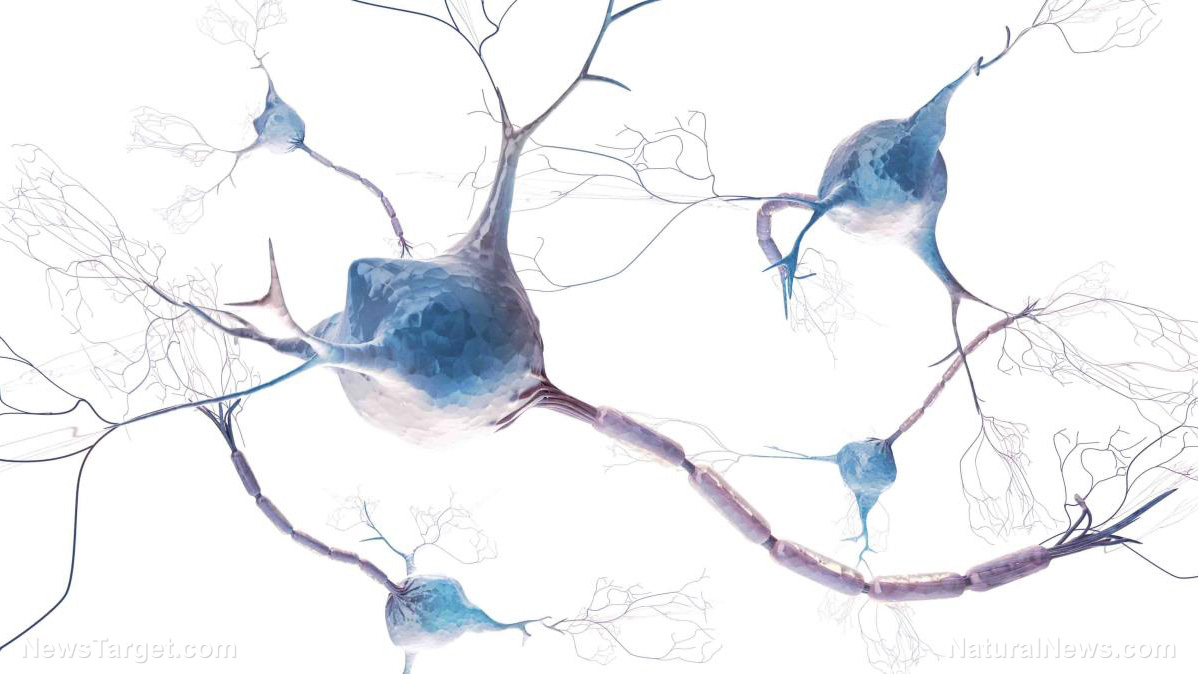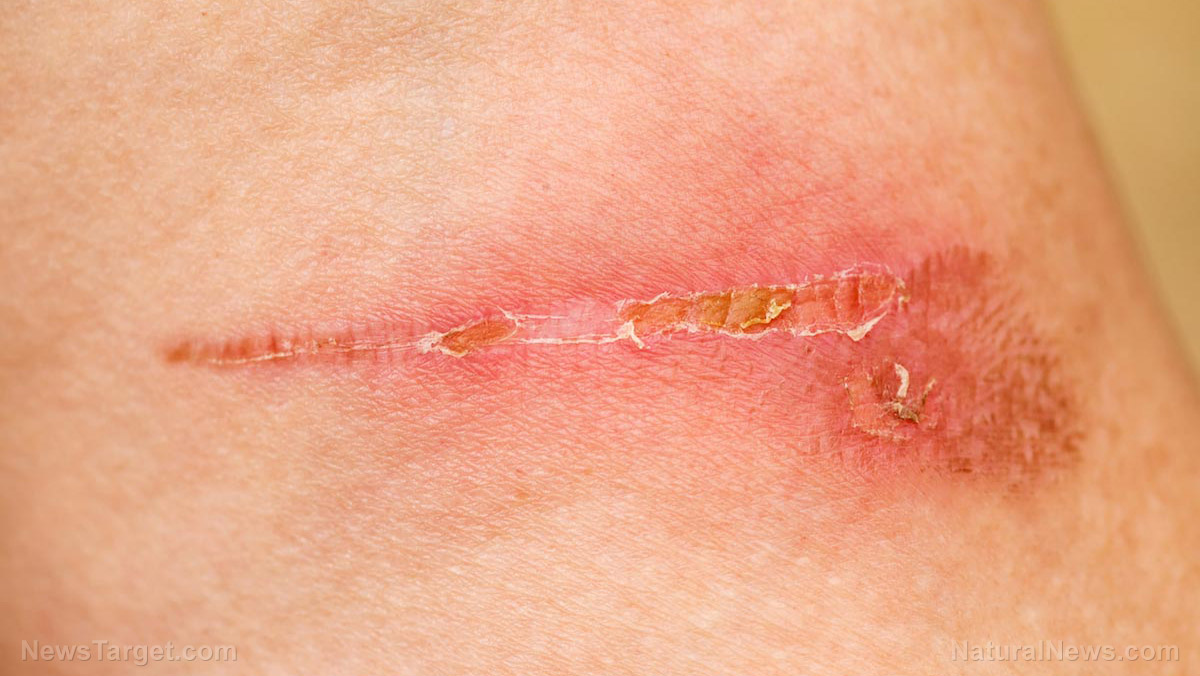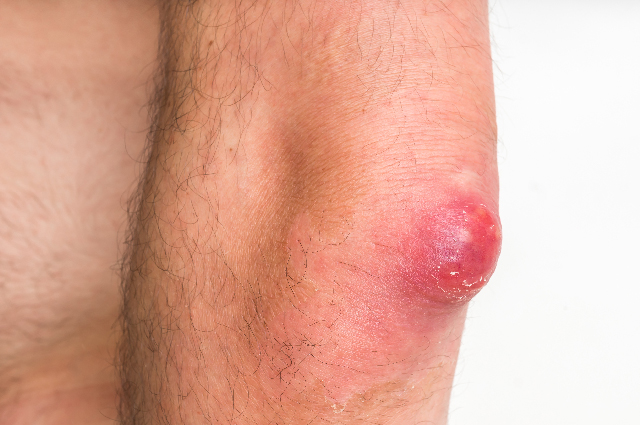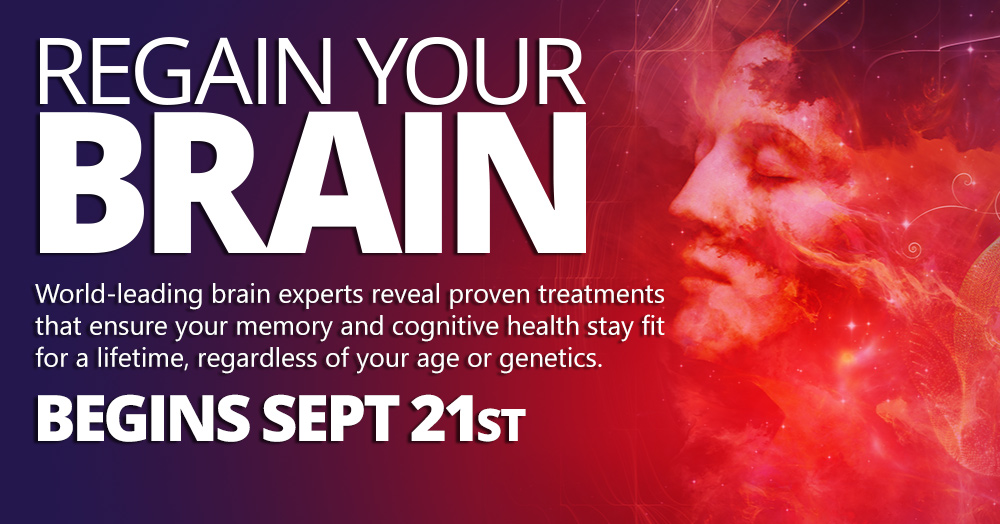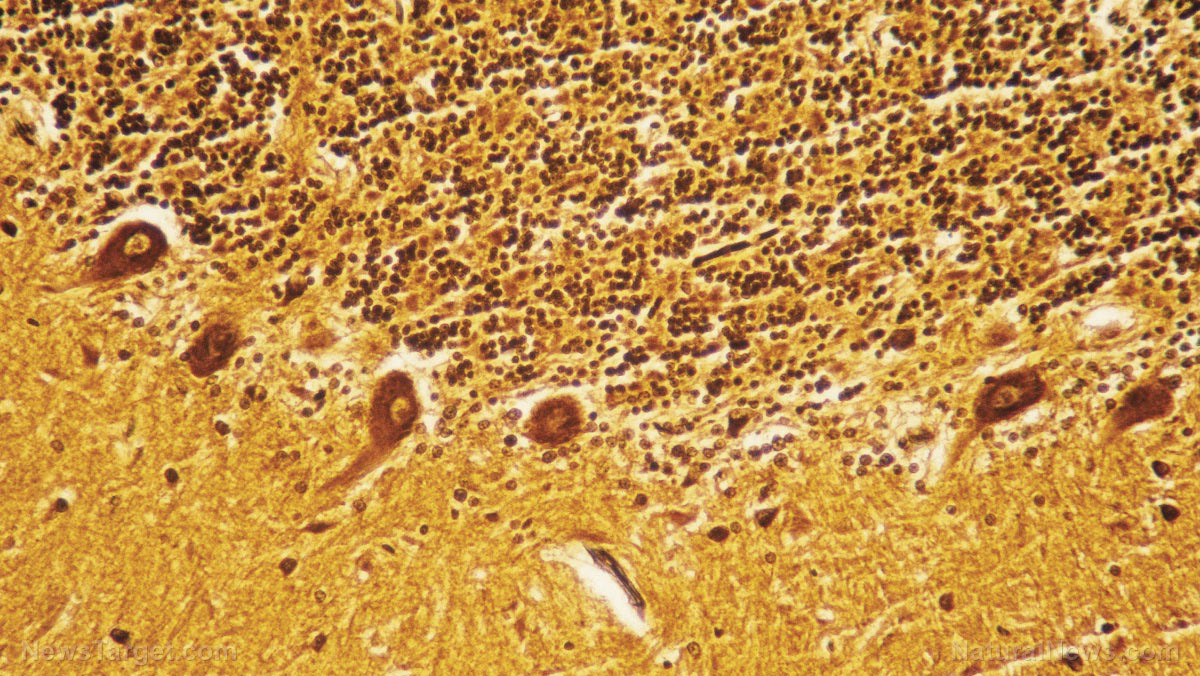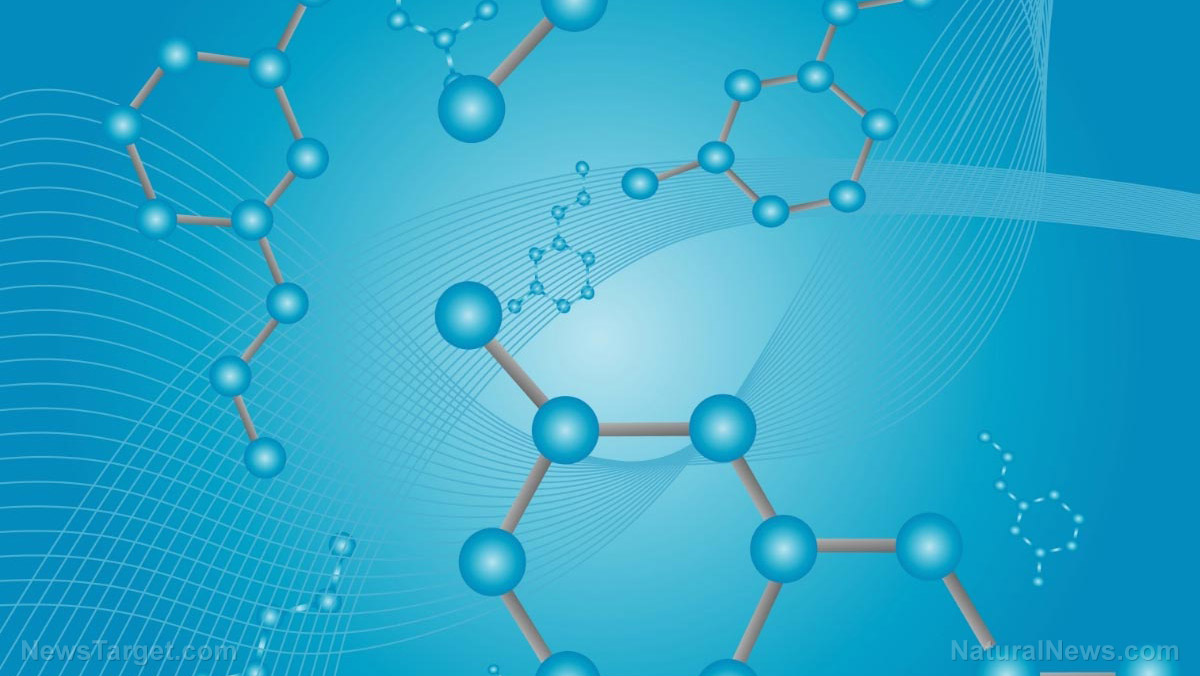Breastfeeding found to protect mothers from multiple sclerosis, new study finds
07/19/2017 / By Frances Bloomfield

Breastfeeding is believed to have a plethora of benefits for both mother and child, and American researchers have uncovered another one. According to the team from Oakland, California-based health care company Kaiser Permanente, breastfeeding for at least 15 months may actually protect women against multiple sclerosis (MS), a chronic, progressive disease that affects the brain, spinal cord, and optic nerves. For women who already have the condition, breastfeeding can greatly reduce the severity of the symptoms.
To arrive at these conclusions, the researchers recruited 397 women who were diagnosed with MS or clinically isolated syndrome (CIS), one of the forerunners of MS. The participants were then paired up with 433 women based on their age and race before they were given out in-person questionnaires to fill out. Included on these questionnaires were inquiries regarding their pregnancies, breastfeeding habits, hormonal contraceptive use, age during their first period and menopause, and amenorrhea, or the absence of their period.
Based on the answers, the researchers found that healthy women who had breastfed one or more children for an accumulative period of 15 months or more were 53 percent less likely to develop MS or CIS compared to women with MS who had breastfed for four months or not at all.
One theory as to how breastfeeding affects MS lies in female sex hormones. After giving birth, women are typically unable to ovulate again until they’ve stopped breastfeeding. Ovulation occurs much earlier in women who opt to bottle feed, however, and their once-low hormone levels return to a high level, signaling that their bodies are ready to carry a new baby. Though estrogen is an essential, natural hormone for the female body, elevated levels of estrogen can make women more susceptible to diseases like MS and ovarian cancer.
“This study provides more evidence that women who are able to breastfeed their infants should be supported in doing so,” said lead study author Annette Langer-Gould. “Among the many other benefits to the mother and the baby, breastfeeding may reduce the mother’s future risk of developing MS. Other health benefits include a reduced risk of breast cancer, ovarian cancer, type 2 diabetes, and heart attack.” (Related: Breastfeeding Cuts Breast Cancer in High Risk Women by Fifty Nine Percent)
The many benefits of breastfeeding
In addition to lowering the risk of MS, one other way breastfeeding helps the mother is by making her less prone to postmenopausal osteoporosis. Ruth Lawrence, professor of pediatrics at the University of Rochester School of Medicine and Dentistry, explained that pregnancy and lactation make a woman’s body more efficient at absorbing calcium. When a woman is pregnant and lactating, her body absorbs calcium much more efficiently. “So while some bones, particularly those in the spine and hips, may be a bit less dense at weaning, six months later, they are more dense than before pregnancy,” added Lawrence.
Moreover, breastfeeding can help mothers recover quicker, post-delivery. The process of nursing babies releases oxytocin, a powerful hormone that helps the uterus contract and return to its normal size, which consequently reduces blood loss after birth.
Breastfeeding is a good practice for babies as well. For one, the constitution of a mother’s breast milk changes to match the growing needs of her baby, and is loaded with more essential antibodies, protein, and volume than formula. “He needs a lot of calories and frequent feedings to fuel his rapid growth. Your mature milk is designed to be digested quickly so he’ll eat often,” said Heather Kelly, international board-certified lactation consultant.
As a result, the baby’s body becomes healthier, stronger, and less likely to acquire common diseases or chronic conditions.
For more health-related stories about women, simply visit WomensHealth.news today.
Sources include:
Tagged Under: breastfeeding, disease prevention, multiple sclerosis, women's health



